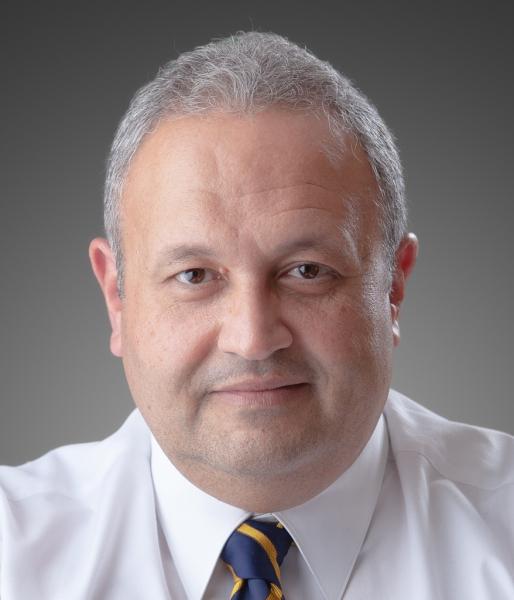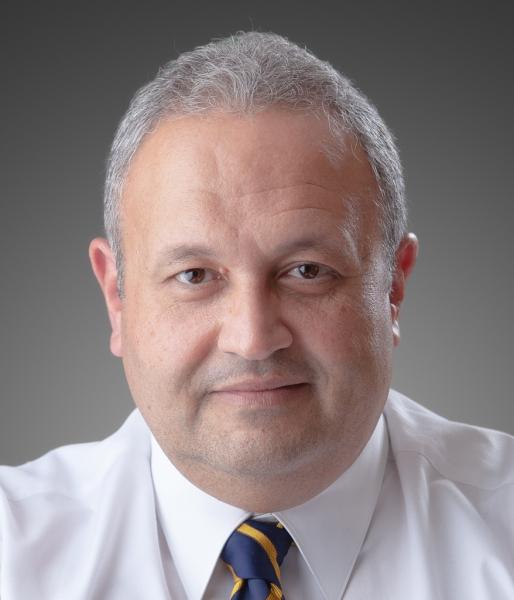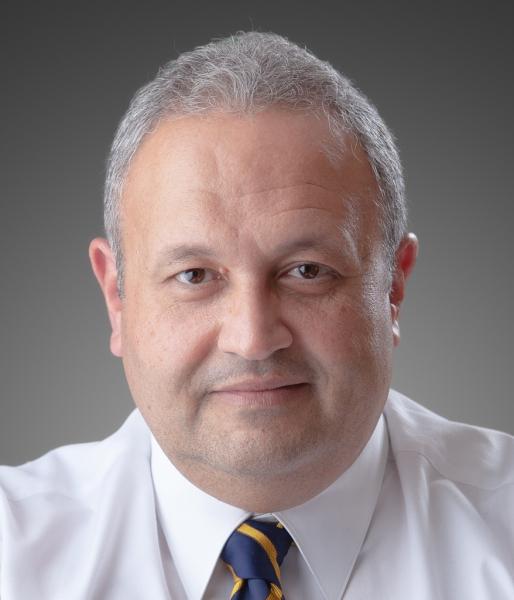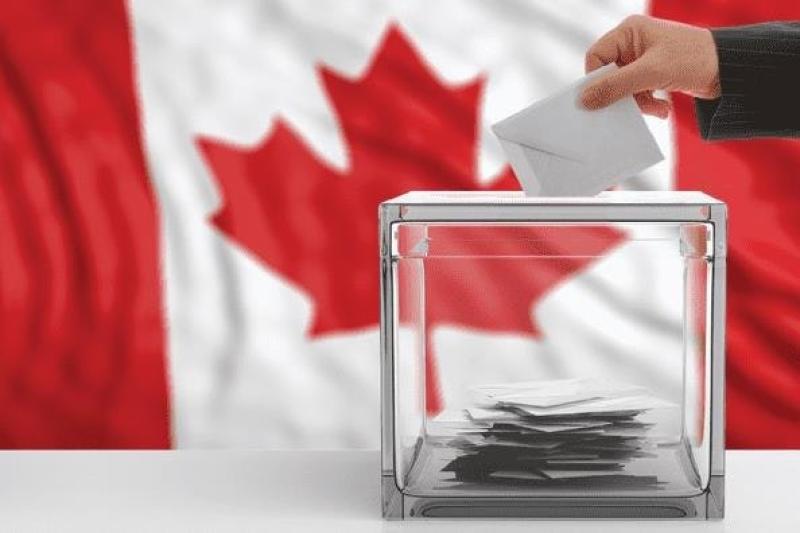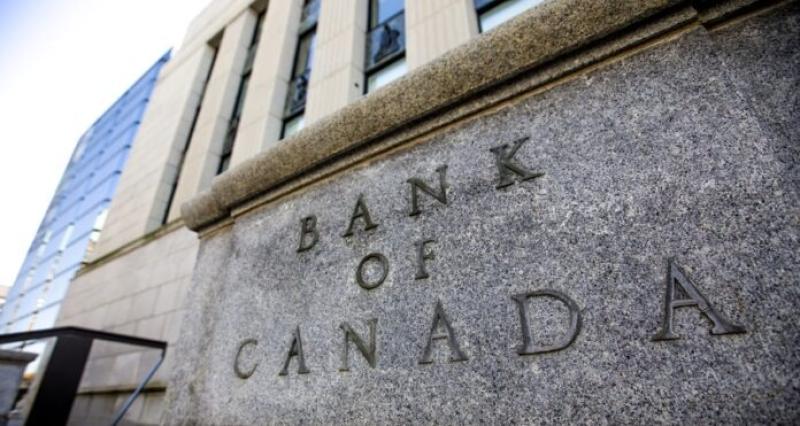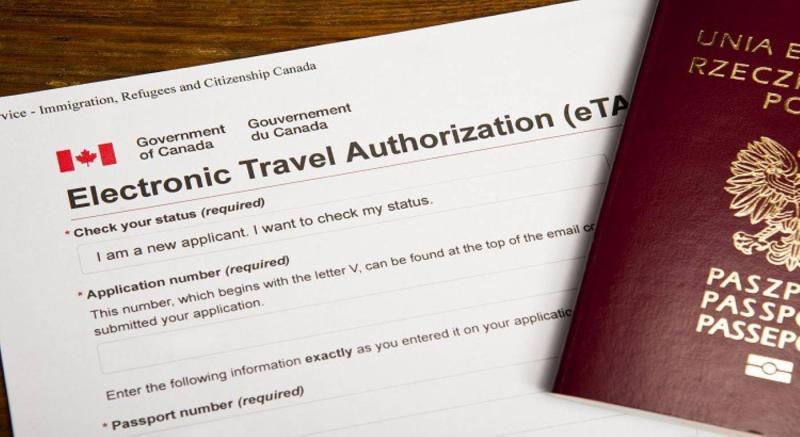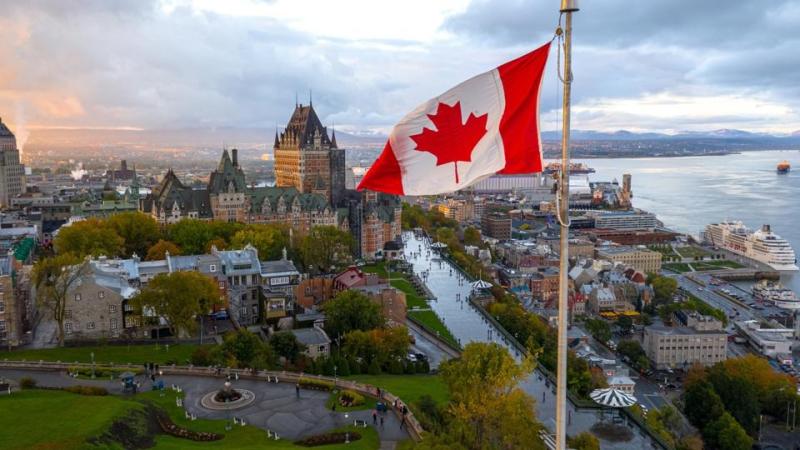The Social Responsibility of the Middle Class
The Fine Line Between Democracy and Social Disorder

Over the years, I have written extensively about the social responsibility of business owners, entrepreneurs, and investors. Their role in fostering social and economic stability is undeniable. By treating employees fairly and justly and ensuring that their corporations positively impact the broader community, these individuals lay the groundwork for a balanced and prosperous society. However, while their responsibilities are critical, it is equally important to shed light on the role of the middle class, the workforce, and citizens in maintaining this stability.
The middle class and working citizens form the backbone of any society. Their actions can either uphold societal coherence or put it at risk. While it is their legitimate right to demand better conditions and voice concerns, actions that disrupt society can have far-reaching consequences, undermining the very stability they seek to protect.
Strikes, for example, are a recognized tool for advocating workers' rights, but their ripple effects can be devastating. A factory halting production may disrupt the supply chain, affecting businesses and consumers. Similarly, public transportation workers' strikes can paralyze entire cities, stranding thousands of citizens and causing economic losses.
Worse still is the act of blocking roads or highways during protests. Regardless of the reasons or demands behind such demonstrations, these actions directly threaten public safety, societal peace, and economic activity. Ambulances are delayed, patients miss critical care, and businesses suffer losses that can take weeks, if not months, to recover. It is not just an inconvenience—it is a societal risk that endangers lives and livelihoods alike.
Democracy grants the right to peaceful protest, a cornerstone of free societies. However, democracy also depends on security and stability. The middle ground lies in exercising this right responsibly. Protesters have numerous venues and methods to voice their concerns without paralyzing cities or endangering fellow citizens. Choosing otherwise reflects a lack of social responsibility that ultimately harms not only others but also the protestors' own cause.
The road to societal progress and economic stability demands mutual respect among all members of society. Business owners must ensure fair treatment of workers and contribute positively to their communities. Still, citizens and workers, in turn, must avoid actions that threaten the well-being of their societies. Legislators also have a role to play. Laws must be enacted to protect the right to demonstrate peacefully while preventing actions that jeopardize public safety or economic stability.
A society thrives when its citizens embrace their responsibilities alongside their rights. The entire community benefits when the middle class takes ownership of their role in maintaining stability. Strikes and protests should amplify voices, not stifle progress. Ultimately, it is not just about making demands but about building a society where everyone can thrive.
This balanced approach fosters economic growth and the trust and unity needed for long-term stability. By working together, we can create a future where rights are respected, responsibilities are upheld, and all share prosperity.



